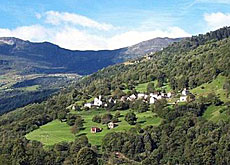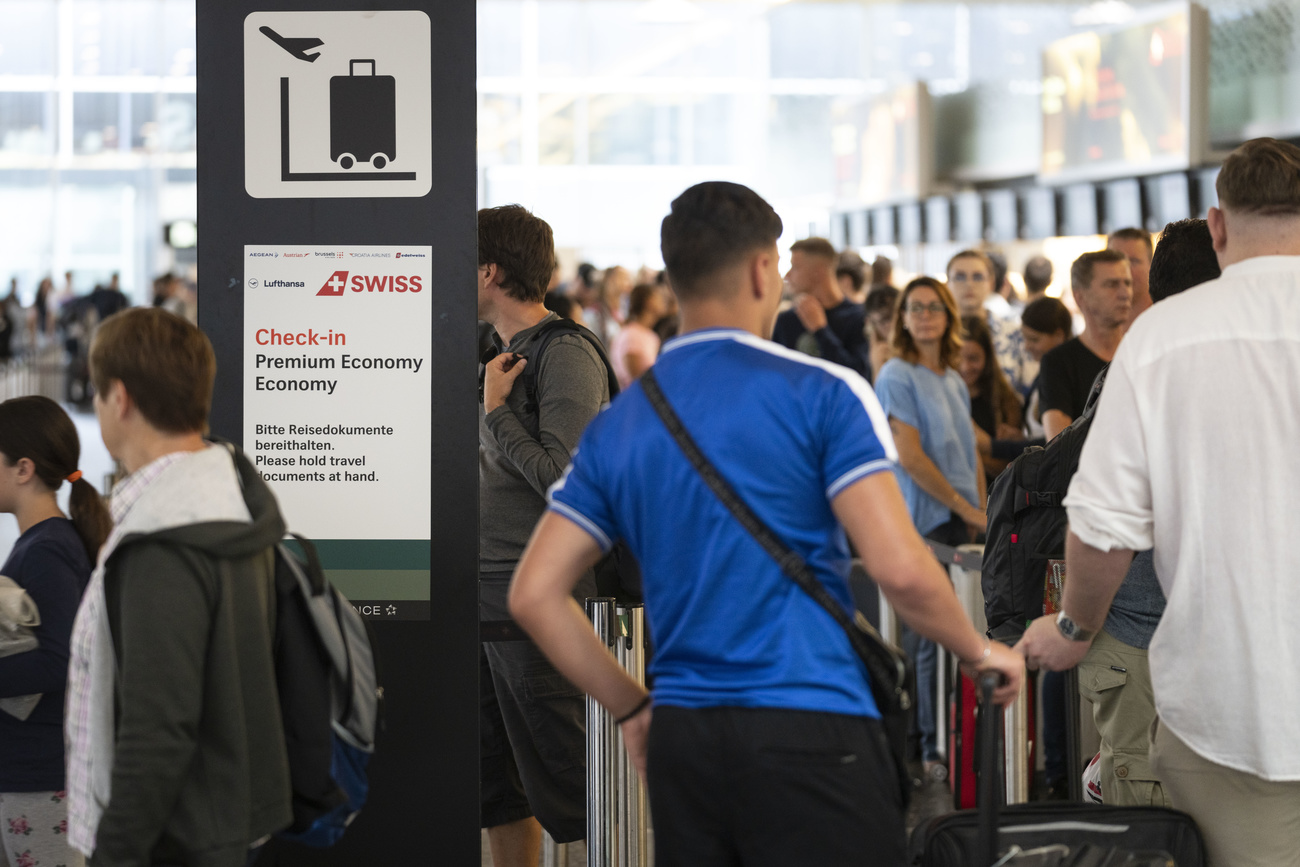Communes fear heavy hand of federal government

Switzerland’s communes fear that new federal legislation, including tax cuts, is gradually stripping them of their autonomy.
As it celebrates its 50th anniversary, the Association of Swiss Communes is preparing to launch a new campaign to give its 2,000 members more political clout.
The commune is the smallest political unit in Switzerland’s federal system.
For most Swiss, allegiance is to the commune first, the canton second and the federal government last.
The communes’ autonomy and authority are enshrined in the federal constitution, which says the canton has to safeguard communes’ rights. The constitution also states that the federal parliament must consider the impact of its activities on the communes.
But in practice, things are often more complex, says Steff Schneider, spokesman for the communes’ association.
He cites the federal parliament’s decision last June to lighten the family tax burden. A measure that leaves the communes out of pocket, since they receive most of the tax take.
Cost-cutting
“This measure affects the income of the communes,” says Schneider. “Communes are also being hit hard by the government’s cost-cutting measures, which mean that we have a greater financial burden…”
He adds that communes are increasingly short of cash to invest in development and infrastructure. Debts are also mounting, limiting the flexibility of local authorities.
“We have to have more means at our fingertips to be heard,” Schneider adds.
To push their case, the communes’ association – which has over 2,000 members – is preparing a plan of action early next year. Their main objective is to seek greater control over local issues.
Schneider believes communes should be able to promote the local public transport network, apply their own environmental regulations, and provide housing for asylum seekers.
Rampant centralisation
The main goal of the association has not changed since its inception in 1953, when 534 communes clubbed together to fight what they saw as rampant centralisation.
“[Even the most disparate] communes have a lot of common interests,” says Schneider.
But nowadays the group has grown and its aims are no longer purely political. It offers its members a whole range of services, from providing pension plans for commune employees to financial training courses.
Its services are important because most Swiss communes are small and often do not employ professionals.
And they all have to respect the same federal laws and face the same obstacles in terms of implementing social policy, he explains.
But for all the worries about “rampant centralisation”, communes and cantons seem in little danger of seeing their authority commandeered by the federal authorities.
Indeed, any attempt by the federal government to increase its power can easily be challenged provided 50,000 signatures can be gathered in support of a referendum.
swissinfo, Daniele Papacella (translation: Vanessa Mock)
The commune is the smallest political unit in Switzerland.
Switzerland has over 2,800 communes.
Zurich is the biggest, with 365,000 inhabitants.
Largario in canton Ticino and Portein in Graubünden are the smallest, with 25 inhabitants each.

In compliance with the JTI standards
More: SWI swissinfo.ch certified by the Journalism Trust Initiative









You can find an overview of ongoing debates with our journalists here . Please join us!
If you want to start a conversation about a topic raised in this article or want to report factual errors, email us at english@swissinfo.ch.